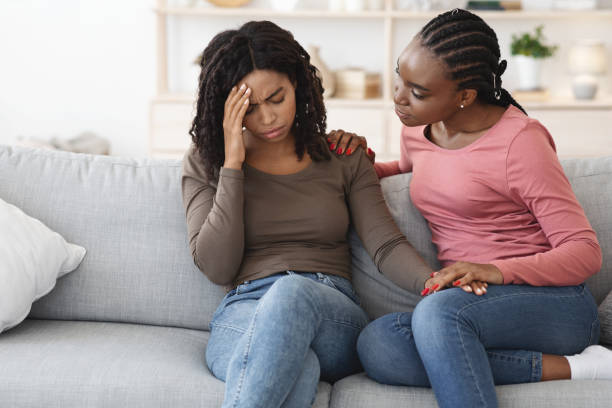The #1 Rated Blood Sugar Formula
Emergency Tips for Lowering High Blood Pressure

Blood pressure is defined as the pressure that blood applies to the walls of the arteries while being pumped by the heart. A normal blood pressure is 120/80 mm Hg. Where 120 is the pressure when the heart pumps and 80 is the pressure when the heart relaxes. This much pressure is important because blood needs to reach every organ of the body to provide it with nutrients.
Symptoms of Sudden High Blood Pressure Include:
- Severe headache
- Heart palpitations and pounding in the ears and neck
- Problems with vision
- Fatigue
- Confusion
- Difficulty breathing
- Pain in the chest






